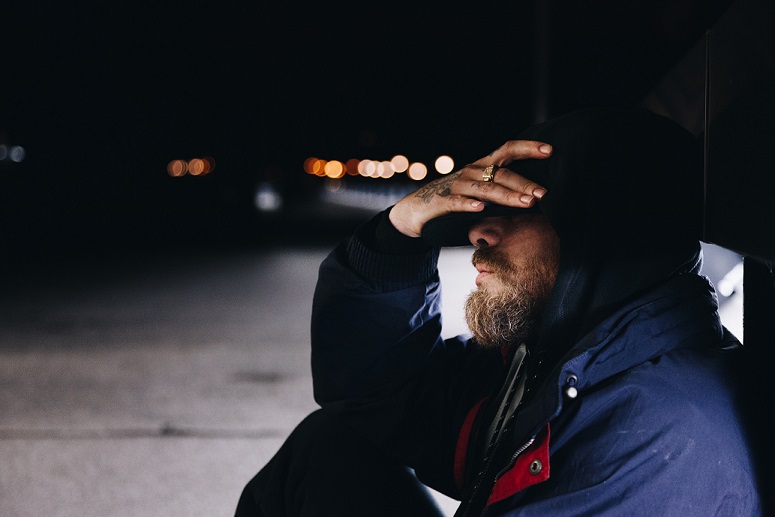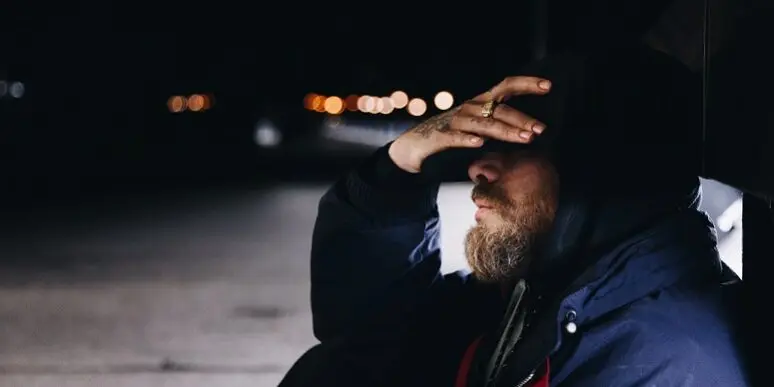 Depression can be caused by many different life events, such as the death of a loved one, work problems, emotional abuse or even an unresolved traumatic event. Feeling powerless and hopeless in your life, and not being able to resolve it, can be detrimental to your relationship. Sometimes you might not even know what you are feeling down about, and getting to the bottom of it will be crucial to a better future.
Depression can be caused by many different life events, such as the death of a loved one, work problems, emotional abuse or even an unresolved traumatic event. Feeling powerless and hopeless in your life, and not being able to resolve it, can be detrimental to your relationship. Sometimes you might not even know what you are feeling down about, and getting to the bottom of it will be crucial to a better future.
How can depression hurt your relationship?
Depression can cause sleep trouble, concentration difficulties, low energy, high irritability, and worry. You expect the worst and feel that things will never get better. This hopelessness can affect your sex life and, as a result, your intimacy with your partner.
Sometimes, you will blame the relationship for things that are actually caused by your depression. Since you are already feeling very negative, it’s easy to interpret something your partner says in a negative way. You might be more frustrated than normal, so even small things really get to you.
Having no patience can be a symptom of depression. Your irritability can take the effect of angry outbursts that push your partner away, leading to more isolation for you.
If you notice that you begin to refuse social engagements, and don’t want to be around people, even your partner, you may be isolating yourself due to depression. If you are always complaining, or even start to critique and criticize your friends and acquaintances, this may be a sign that you are withdrawing.
This isolation, aloofness, and withdrawal can make your partner feel like you don’t want to be with them or don’t care about them. This may be due to having no energy, just not being able to have fun anymore. This loss of interest in activities you usually enjoy is a sign of depression. When you and your partner aren’t having fun together and socializing, you can see how you might begin to lose the closeness and intimacy you once had.
Disregard for personal appearance is a sure sign of depression.
If all you want to do is sleep all the time, combined with poor hygiene, you may want to seek treatment for depression. You may be more messy or unorganized than normal, making you difficult to live with.
If you are feeling angry, which can be a reaction to feeling powerless, you may put yourself in dangerous situations. When you feel worthless, you just don’t care about your own well being, so you do can say things you later regret or do things that are unsafe. This is a very big indicator that you might need to seek some help.
When your depressed, you can’t deal with stress like you used to, and that pressure may be a constant presence. Our coping mechanisms just aren’t working.
You may resort to drinking, or using drugs to cope. Instead of working on an important project for your boss, you choose to go and get drunk. Depression can cause you to disregard your own well-being. If old addictive behaviors start to resurface, such as gambling, pornography, binge eating, overeating or restricting, this is a signal to seek help before it causes serious relationship problems.
You might start beating yourself up, unrelentingly blaming yourself for everything that goes wrong. Your unrealistic expectations of yourself can make you feel like a failure and not be able to make decisions. It can cause you to feel guilty or lash out. Perhaps you feel like you don’t want to talk, further pushing your partner away.
Crying all the time is a sign that you may want to seek help. This can put your partner into the role of caretaker. It may make it difficult for you to give back in the relationship.
Those with depression complain about losing focus, slow thinking, and an inability to concentrate. If you are normally a high functioning person, this can be a blow to your self-esteem.
Always seeing the dark side of things can permeate relationships with those who love you the most.
People who are depressed feel that their lives and relationships are problematic, often blaming their partners when something goes wrong. Depression may cause you to shut down or blame yourself. Relationships need connection and if you aren’t reaching out, your partner will start to feel distressed and unhappy. Then, ordinary life becomes more of a struggle.
If you aren’t seeking help for depression, it might seem like your partner is abandoning you if they need a break from the relationship. But you have a responsibility to your partner to work to overcome the depression and make it more manageable. Working on your depression is doing your part to make the relationship work.
There are several types of therapy that can help with depression. These include cognitive behavioral therapy, talk therapy, EMDR and neurofeedback. If you would like to explore how I can help, please feel free to contact me by confidential phone 310-314-6933 or email mfoxmft@yahoo.com.








